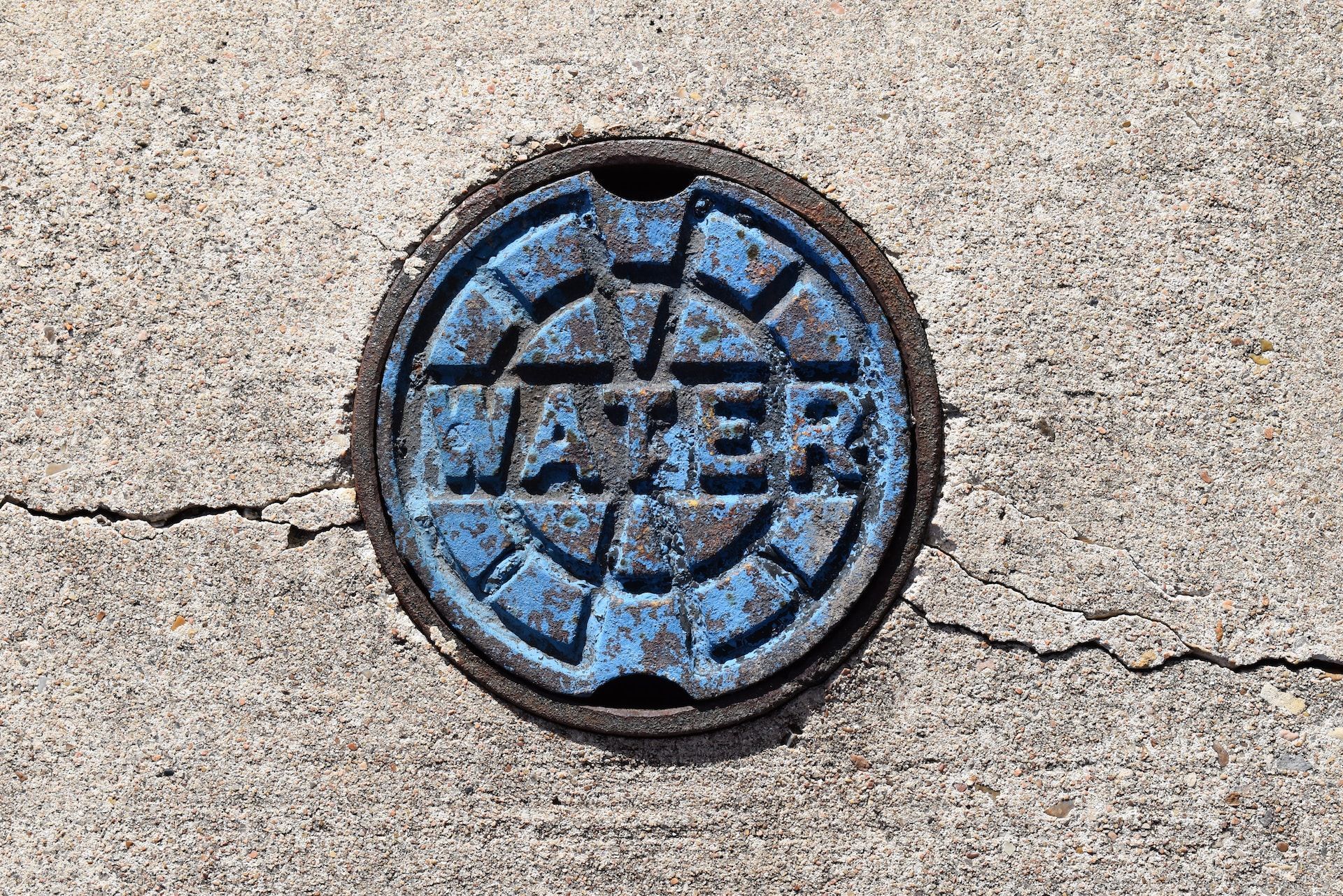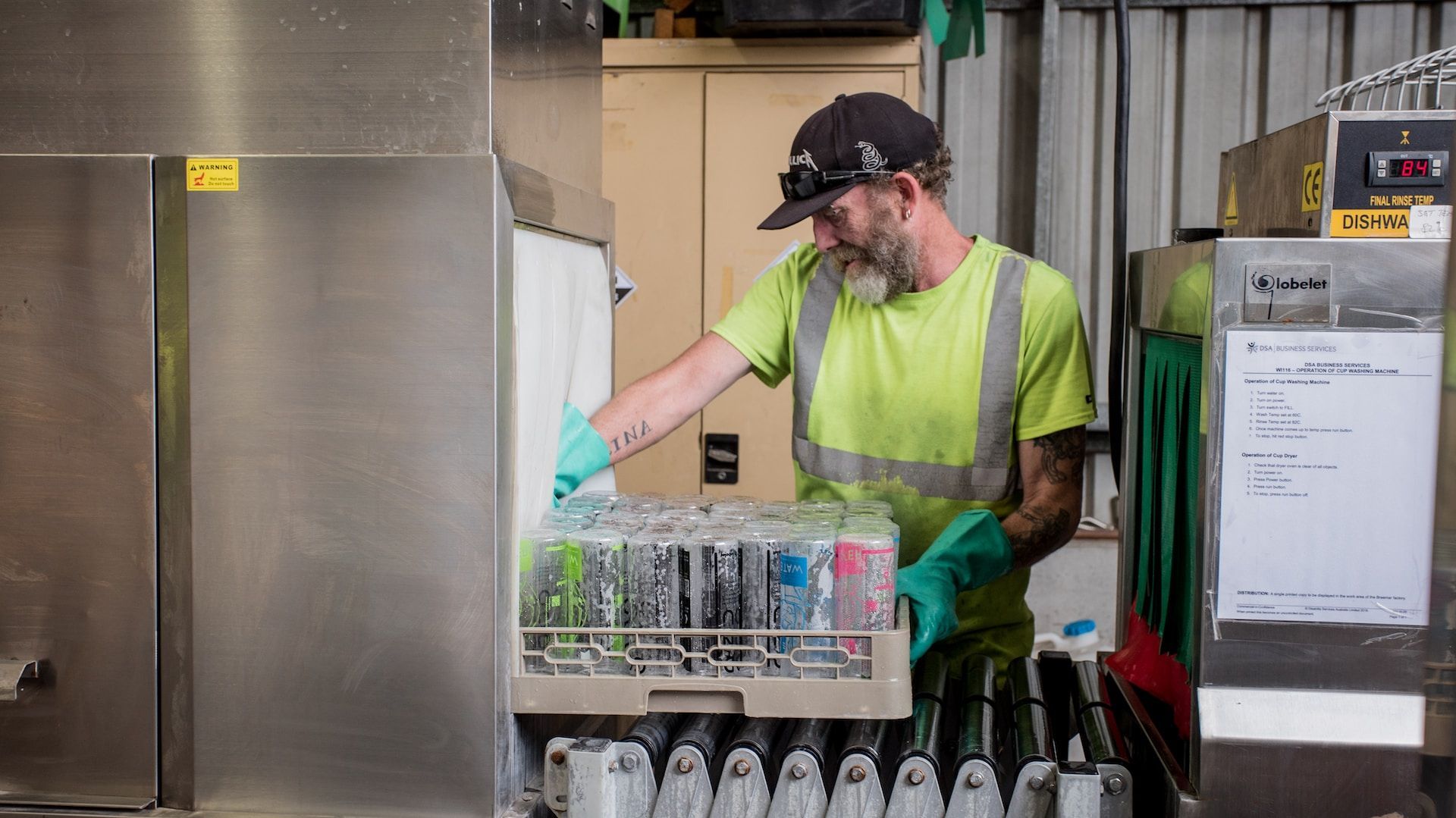Blog Layout
Spotting a Scam like a Pro
Leasing Manager • February 9, 2021
Protecting Yourself in a Digital World
Since COVID, many of us are trying to business safer, so to protect our Residents and their families, as well as our teams and our own families. This means that many of us are doing business digitally than every before. How can you protect yourself from fraud in a world that makes doing business face-to-face harder than ever? How can you tell a dream rental from a nightmare scam?
We've got hints from the experts!
The price is too good to be true
You know the old saying, “If it seems too good to be true, then it probably is.” If you see an affordable apartment in your dream location and the rent is way below what others are charging, there may be a problem. These ads also advertise that utilities are included to sweeten the deal even further. All of this is designed to get that money from you as quickly as possible- money you will never see again.
Scammers often prey on first-time apartment renters, long-distance movers and those who aren’t internet savvy. Of course, there is a chance the listing is real and you’re getting a great deal, but be careful. Look for fair deals, not unbelievable sales. Browse local listings to get a sense of typical rents prices for the area, and keep copies of all your communication with the landlord or property manager.
The landlord gives too much personal info
The landlord offers too much information in hopes of gaining your trust. Keep an eye out for landlords who offer unsolicited information, like details about family members, jobs, churches, etc. If it includes info you wouldn't normally tell a stranger, then it might be a scam.
The landlord gives conflicting info
These scammers often tell you that they are looking to rent out their personal home, and then find other properties for you. Or they say that they are trying to rent out their home while they go through a job change, and then give you an email address that seems like it belongs to a property management company. If it seems like they are both a single owner and they manage multiple properties at the same time- that is a sign that they are a scammer- and they just got caught and moved on!
The landlord asks for personal info- but not a credit check
These applications often include questions that are easily verifiable- but they ask you to provide the information to seem legitimate. They also can include weird questions that are not legal to ask. If you see questions about your religion or sexual orientation, that is a red flag. (It's also illegal, so it's a good idea to steer clear!)
If your potential landlord is asking for personal information such as your Social Security number or the routing number for your bank account, do not provide this. There is no need for that information in the search process. This information is often asked as part of a credit check, which is VERY normal, and a sign of a good property manager, when included as part of the application process. (Bonus points if that application is in a closed system, like AppFolio or other recognized Property Management Systems. ) You should NEVER email your SSN.
The rental property is listed for sale elsewhere
When you see a great rental listing, consider searching the address to see if the property is listed for sale on another site. If it is, you might want to ask the owner why it’s for sale as well as for rent. Maybe the owner couldn’t sell the house quickly enough and decided to rent instead. But you don’t want to show up on moving day and find out that someone has purchased the house. Or that the “landlord” never owned the house to begin with.
The rental description is poorly written
Misspellings or poor grammar in listings are major red flags. At Palm Property Management, we make sure that our listings are descriptive and error free. (Seriously, errors mean that the Leasing Manager gets made fun of- like, a lot.) While not every listing has perfect grammar and spelling, consistent issues can be a sign of fraud.
The landlord is out of state or out of the country
While there are landlords who buy houses out of state and use them for income, our team is always nearby. "Out of state" is often an excuse to not meet in person, and to ask for untraceable forms of payment. When working with a property management company, there is no reason that being out of state would mean that you cannot get an answer, visit an office, or pay with a check or money order.
The landlord asks you to wire funds- or use unusual payment methods
You should never be required to secure an apartment or a house by transferring money to a landlord, especially when you haven’t seen the place or signed a contract. If a landlord is solely focused on the deposit payment, and won't answer questions until they have it- that a red flag!
We're also seeing more BitCoin based scams. If a landlord asks you to take cash and deposit into an ATM, do not do it!
Know your rights... and report proactively
If you spot a possible rental scam you should contact the website that published the listing. If you can, market as a fraud, so that no one else encounters it.
If you think you have been scammed, file a complaint with the Federal Trade Commission. Be sure to keep copies of all communications between you and the possible scammer!












